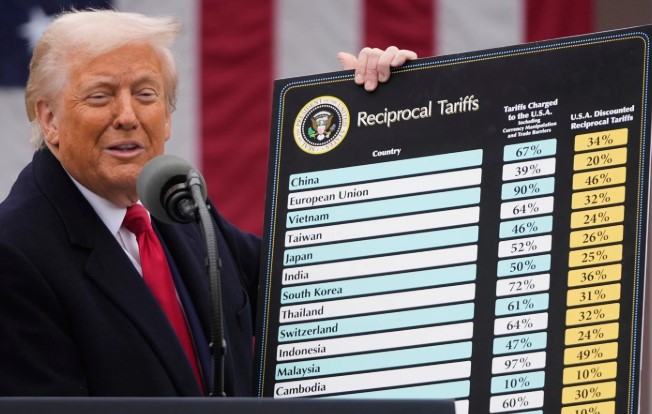U.S. President Donald Trump has announced a sweeping 50% tariff on imports from Brazil, escalating tensions between the two nations amid growing criticism of Brazil’s internal political affairs and what Trump described as unfair trade practices.
The 50% levy on Brazilian goods would take effect starting August 1. The tariff matches a similar deadline that dozens of other countries are also facing under Trump’s new “reciprocal” trade agenda.
In a strongly worded letter to Brazilian President Luiz Inacio Lula da Silva on Wednesday, Trump condemned the ongoing legal proceedings against former Brazilian President Jair Bolsonaro, calling them an “international disgrace.”
Bolsonaro is currently on trial over allegations of orchestrating a coup attempt following his narrow defeat in the 2022 election.
Trump’s 50% on Brazil comes shortly after slamming a 25% on Japan, South Korea on July 7, 2025. He cited imbalanced trade relationships with both countries.
Trump’s message on the 50% on Brazil said, “The treatment of Bolsonaro is unacceptable,” he wrote.
The U.S. president also unveiled a separate 50% tariff on copper imports, citing national security concerns. “Copper is the second most used material by the Department of Defence!”
Lula pushes back at Trump tariff
Reacting swiftly, President Lula took to the X platform to warn the U.S. of potential consequences, stating that “any unilateral tariff increases will be addressed in light of the Brazilian Law of Economic Reciprocity.”
Brazil is one of over 20 countries to receive formal letters from Trump this week detailing elevated trade levies. Similar letters were addressed to leaders in the Philippines, Sri Lanka, Algeria, Iraq, Moldova, and others, with tariffs ranging from 20 to 30%.
Though the U.S. has traditionally enjoyed a trade surplus with Brazil, Trump’s decision signals a shift in tone. “Trade with many of our partners is far from reciprocal,” Trump wrote, warning that further retaliation could lead to even steeper tariffs.
To nudge foreign businesses toward American soil, the letters also urged countries to “manufacture in the United States” to avoid duties.



